Sleep: A Nuisance of Necessity
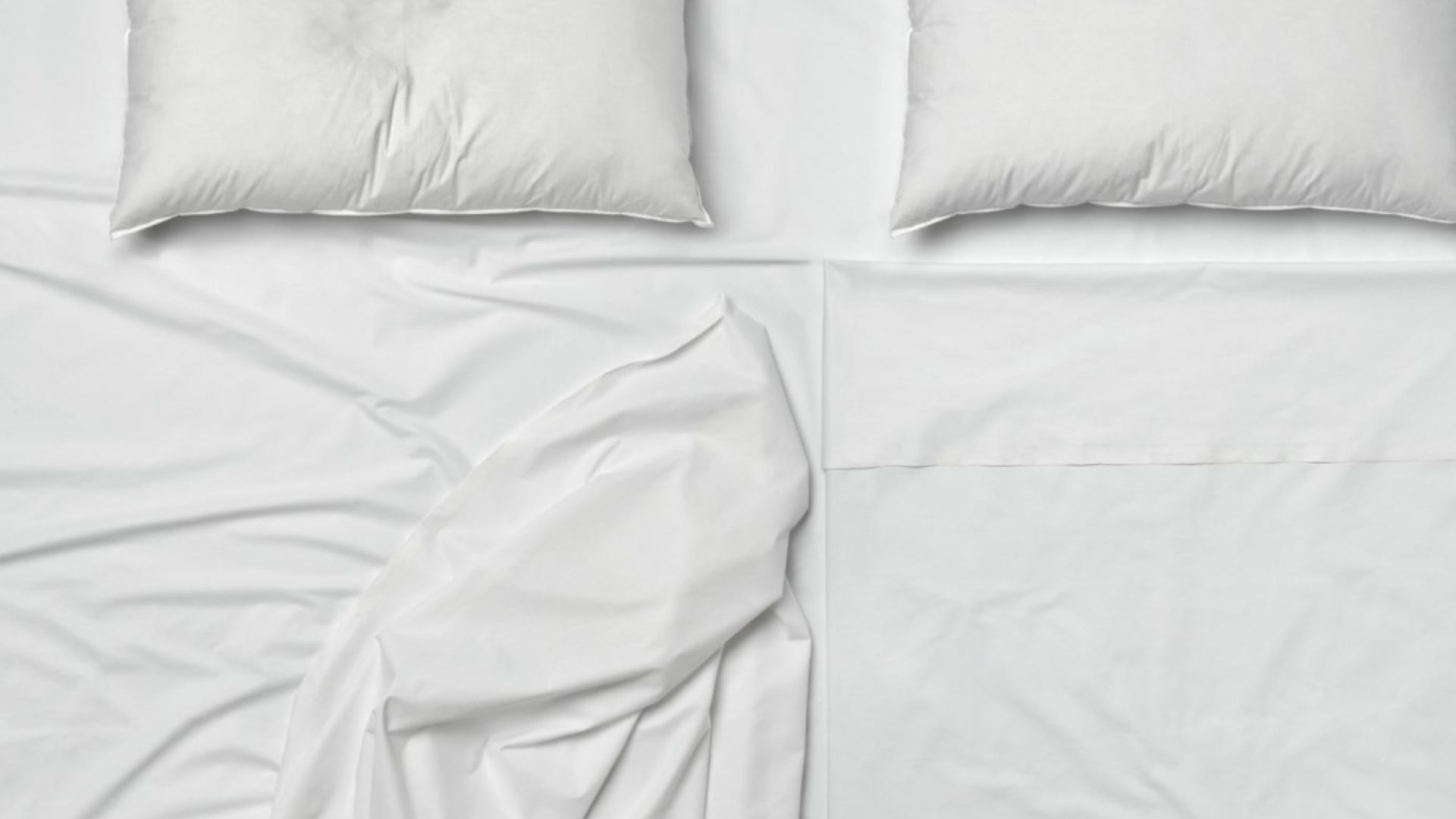
Sleep: A Nuisance of Necessity
When we come to this World, we are spending close to 80% of our days sleeping. Having spent those 40 weeks in a floating habitat, we are primed for a nurturing environment to rest, replenish, dream, and process that which we consume. Not just food or drinks, but experiences, reflections, thoughts, concerns.
As we become young adolescents, teenagers and adults, our sleep progressively reduces to 25–35% of our lives. Some of that reduction is owed to the fact that we require less. Our body understands and realizes that in order to survive, our capacity to remain awake and meet daily living needs for hunting, gathering, and the like, must occur. Still, sleep remains a necessity.
Some benefits of sleep include:
- Recuperation. Internal body and mental systems get a break. The reduced functions allow them to ‘relax’ having reduced metabolic demand. Any injuries, large or small, wear and tear, twinges, strains, exertions, undergo the body’s own addressing. Energy reserves can replenish.
- Integration. Life experiences, new on pause, have an opportunity to be ‘digested’. Experience > Digest > Integrate. Coming to understanding, greater memory processing and consolidation, clarity, dreams with the possibility of interpretation.
- Physical alleviation. The strains of gravity on our vertical stance exert forces that our evolution has us adapted to, which has many advantages, but is not optimized for. By going horizontal, we give an opportunity for systems to alleviate, like the vasculature which is pumping and circulating blood against gravity. Our bones and joints get a break. Our spine can restore its optimal curvature to the best of its ability (especially when supported by adequate mattresses; it is so important to treat yourself with this!).
- Revitalization. Creating a space between the days and time before can invite a sense of renewal. Appreciation for a new day can flood our system, especially when we sleep and wake closer to our circadian rhythms and the presence of a crisp temperature and sun that invites our skin and our eyes to the new day.
There are certain living beings that evolutionarily adapted to have simultaneous sleep and wake states, like dolphins. A predator can come at any point, and so, in their restful recuperation, a vigilance must persist. There are few living beings who can live for long periods without rest. When they don’t, their system starts compensating. Some of the systems are down-regulated inefficiency, prioritizing other systems.
For us to deny sleep, there must be a reason our biology says. It will work with us, but in almost direct proportion to the necessity for sleep, the body will begin signaling its demands for it. Memory lapses, attention shifts, concentration inhibits, information processing fragments, fatigue of muscles is more rapid, a slouch in the body is preservative to one’s energy. On an internal level, stress hormones are upregulated. It can have a net strain on the cardiovasculature, including blood pressure and the heart.
There is a genetically recessive gene that causes a condition called Familial Terminal Insomnia Syndrome. Once afflicted by this, people die within 1 to 2 years. They do not respond to medications. The military has done studies on this. In addition to that which was observed above, volunteers who were asked to remain awake for 3+ days began hallucinating, some temporarily going into altered states of short-lived psychosis.
We don’t need to go to multiple days of sleeplessness in order to start making contact with the altered states that prolonged sleep deprivation provides. Depersonalization, derealization, difficulty focusing, light sensitivity, and emotional fluctuations occur. All things that are relatively not present in sleep begin overlapping with our ‘awake and resisting sleep’ state. We benefit from listening and working with our body, mind, and health to have needs met. Especially sleep, which is a paramount determinant of our quality and state of experiencing non-sleep, awakeness.
‘Thankfully’, society has the ‘solutions’ to support this.
Coffee, energy drinks, smoking, energy pills, medications, technology, light therapy, music, movements… to override the signals of the body and our own innate awareness of when to sleep. With technological advancements, cities that don’t sleep and increased societal demands influencing our vocational, familial, and educational obligations, people are increasingly reaching for this. In addition, we are having our sleep hijacked, deferred, or neglected as a result of outings, video, and computer games, 24-hour financial markets, parties, substances, working extended hours or two or more jobs to make ends meet, distractions like the cellphone which can derail efficacy around needs we have in places that include domestic responsibilities. It’s not just the length of sleep, but the quality of it. The sleep available time versus sleep actual time differ, too.
In the ER, when I ask people if they are tired, they say,
“Almost always, but that’s pretty normal. I’m used to it.”
This response isn’t rare; it is socially widespread. There is a tendency towards its normalization and the lack of prioritization is systemic. And so, the solutions are reached for. Some choose coffee just for the sheer pleasure of drinking it. However, many use it not just for added vigilance, stimulation, and flavor, but to reduce the fatigue and the call to sleep that their bodies are expressing.
Same with the cellphone. ‘Cocaine for the mind’. At least, some of the same stimulatory neurotransmitters are activated. The dopamine reward pathway looks no different on fMRI vs. cocaine. The phone (or tablets) are inherently tools for communication and many other functions, however, the utilization is to alleviate ‘boredom’. But when you observe a human, they have a tendency towards reaching for it to ‘fill the space’. Those are often the moments where there is breakthrough awareness of fatigue signaling with the simultaneous sensations associated with the withdrawal of experience or new stimulus. The phone fills that ‘void’, hijacks the signaling until, it too, exhausts itself from its capacity to do so.
I have written about some of the challenges we face with sleeping given the fact that more than 30% of people admit to checking their phone before sleeping. What that contributes to is persistent low-grade fatigue, accompanied by an apathetic face, expressionless, and minimally fluctuant emotions ensue. Presence-lacking engagement. Disconnected to World and connected through technology.
“I may be tired, but I don’t have to feel it when I’m engaged.”,
says our internal process of engagement bathing in dopamine to a body and mind screaming for a break, rest, and possibly sleep. A person isn’t doing that by choice, they are hardly conscious of this. It is unconsciously effective and they are reduced to it by energy preservative necessity.
How many times have you physically been somewhere but mentally checked out as a result of that fatigue? Reaching for these ‘solutions’ to fatigue have an individual-unique capacity to be tolerated before fatigue must be acknowledged and slumber prioritized again. Sadly, if many are on this path of not listening and addressing the needs of sleep that our body and mind ask for, burnout and profound fatigue are the final signals that send them to rest.
The sheer inability to go on. Is that what it takes? For the vast majority, yes. Humans have a propensity to avoid making changes, even those in favor of their health until they are obligated to. When ‘what works’ no longer does.
I am no different. I am not above this. I struggle to adequately sleep. Many studies show the challenges of shift workers and the benefits of the regularity of sleep schedules. Night shift work is actually classified as a carcinogen! I have an Oura ring that tracks among things, my sleep cycles. My scores are rarely above 80% for their overall scores. I have a powerfully convincing list of excuses that are very reasonable, too. For example, the ER is not friendly when many of my shifts are afternoon, evening, or overnight. The acknowledgment of this can have me embracing it differently, less resistant to the unconscious signaling in fatigue that yearns for recuperative sleep. My best solution is NOT WORKING AROUND it, it’s WORKING WITH it; actually listening!
If I can set a plan and optimize my life to prioritize my sleep, I am honoring my body, as can you too. You are adaptable. If you are finding difficulty putting this at the top of your priorities, my personal ultimate incentive for better sleep may invite you to reflect upon it and I’ll share it with you: presence. To be able to be where I am, as available to the moment, engaged with the activity with no coping, no overriding of signals from my body. Feeling life then and there, listening to my body, going to sleep feeling an embrace of the fatigue, and waking to the revitalized recuperative sense of self that ensues from a restorative night of sleep.
Sleep is the great integrator of life. It can be optimized through prioritization, minimizing distractions, regular purposeful physical activity, the greater time between last meals, and the addressing of anything that can hinder the mind from slowing down in the evening prior to sleep. The experience of stress, life concerns, and anxiety can hinder sleep and when sleep is hindered, the capacity for addressing those very things gets very difficult. Sleep pills are not an alternative, but they are a decent bridge to consider if you are having difficulty sleeping. Like alcohol, consider them as sedatives, rather than sleeping pills.
This epidemic of sleep deprivation and the hindrance of the quality of it is an individual as much as a societal thing that requires being addressed. With products like smart rings and smart beds leveraging technology to support our sleep, like Eightsleep, they still require our engagement and benefit most from our commitment to supporting ourselves. As is the case most often, you are your own solution.
Please, today reevaluate your sleep, your sense of restfulness, levels of energy throughout the day, distractions, and ‘energy solutions’ if you have fatigue. Consult your health care provider should you feel support is needed. If you snore, consider a sleep study to examine among things, if you have sleep apnea, which has its own health implications.
And of course, naps are great! 20-minute naps are very healthy, and if you find yourself napping for 1–2 hours, there’s a likelihood that your body and mind are needing more regular restorative sleep.
So, are you feeling tired?
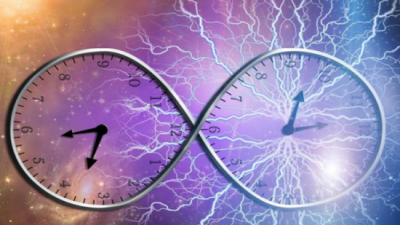
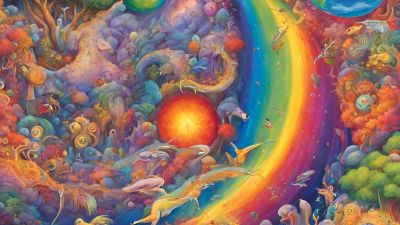



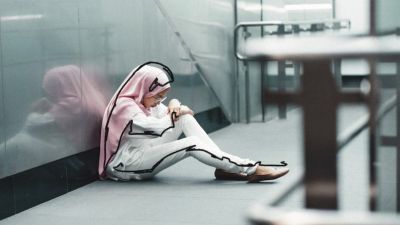

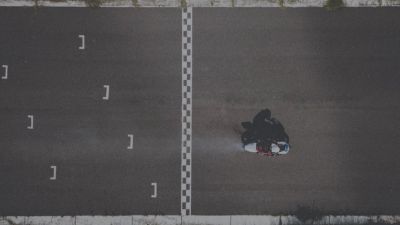
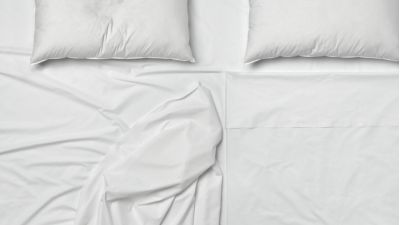
Leave a comment